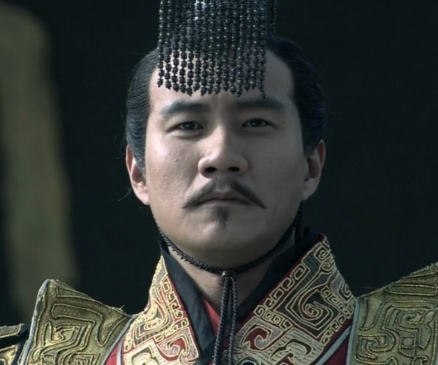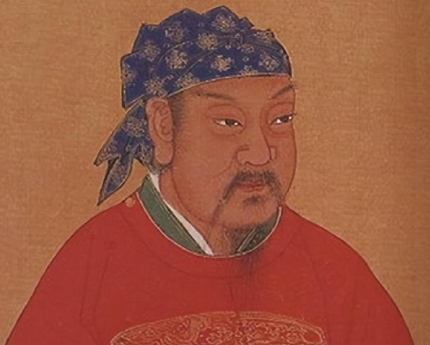In the long history of China, the Yellow Emperor is one of the acknowledged ancestors of the Chinese nation, revered as the "First Ancestor of Human Civilization." However, the issues surrounding the Yellow Emperor's surname and the reason why he is called "the Yellow Emperor" have always been a hot topic of academic discussion. Today, let's delve into the historical mist and uncover the mystery of the Yellow Emperor's surname, while interpreting the deeper meaning behind this august title.

Firstly, regarding the Yellow Emperor's surname, historical records are not entirely consistent. "Shi Ji - Records of the Five Emperors" mentions that the Yellow Emperor's surname was Gongsun and his name was Xuanyuan, but it does not explicitly state that "Huang" was his surname. Similarly, in ancient texts such as "Shan Hai Jing," there is no clear record of the Yellow Emperor having a specific surname. Therefore, we can infer that the Yellow Emperor may not have actually had the surname "Huang," but rather, the title "Huang" was later attributed to him to honor his great contributions and supreme status, symbolizing the land, center, and authority.
Next, let's explore the meaning of the title "the Yellow Emperor." In ancient Chinese, the character "Huang" has rich connotations. It not only symbolizes the earth element in the Five Elements theory, but also represents the center, dignity, and authority. Ancient people believed that yellow was the most esteemed color among the five colors, hence using it to symbolize the dignity of the emperor. The term "Di" refers to the supreme ruler, implying divine authority bestowed by heaven. Therefore, the phrase "the Yellow Emperor" can be understood as the emperor of the center, the emperor of the earth element, or the sovereign with supreme authority.
Furthermore, the reason why the Yellow Emperor is called "the Yellow Emperor" is closely related to his great achievements. According to "Shi Ji," during his reign, the Yellow Emperor made numerous significant inventions and innovations, such as creating writing, designing clothes and crowns, building vehicles and boats, and compiling music, laying a solid foundation for the development of Chinese civilization. His contributions elevated his status in the hearts of the people to an incomparable height, earning him the title of "the Yellow Emperor," symbolizing his status as a leader with profound wisdom and cultural creativity.
Finally, the image of the Yellow Emperor has been continuously mythologized and venerated in later generations. In folk legends, the Yellow Emperor is not only a wise emperor but also a mythical figure with extraordinary abilities. His image and stories have been endowed with rich cultural connotations and mysterious colors, becoming a symbol of the Chinese nation's spirit. Therefore, the title "the Yellow Emperor" also carries people's respect and awe for the nation's origin and cultural inheritance.
In conclusion, the Yellow Emperor may not have actually had the surname "Huang," but the title "the Yellow Emperor" is a testament to his supreme authority and exceptional contributions. From historical records to cultural connotations, the Yellow Emperor is an integral part of Chinese culture, and his stories and contributions will forever be remembered in the hearts of every Chinese descendant.
Disclaimer: The above content is sourced from the internet and the copyright belongs to the original author. If there is any infringement of your original copyright, please inform us and we will delete the relevant content as soon as possible.
































